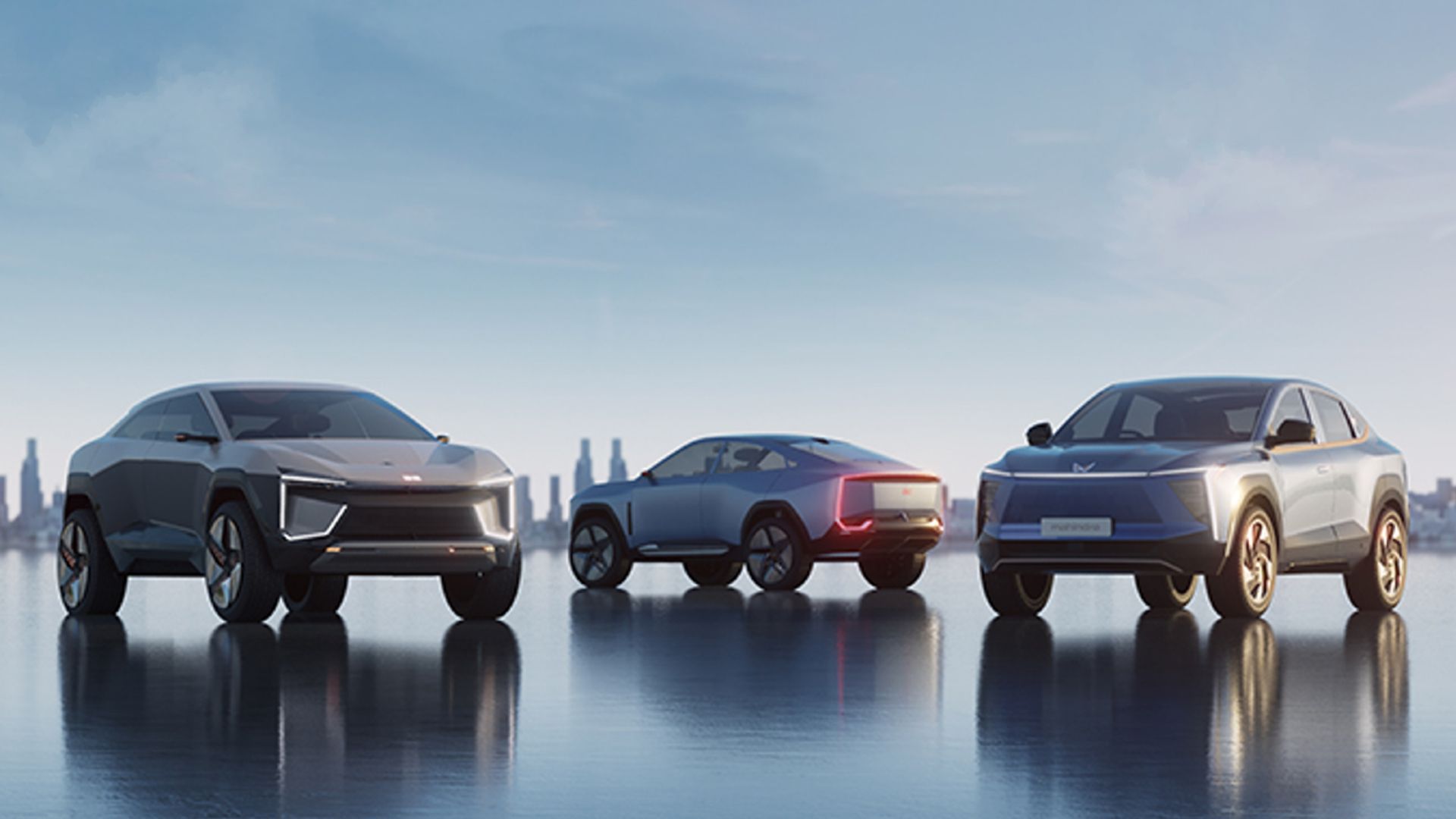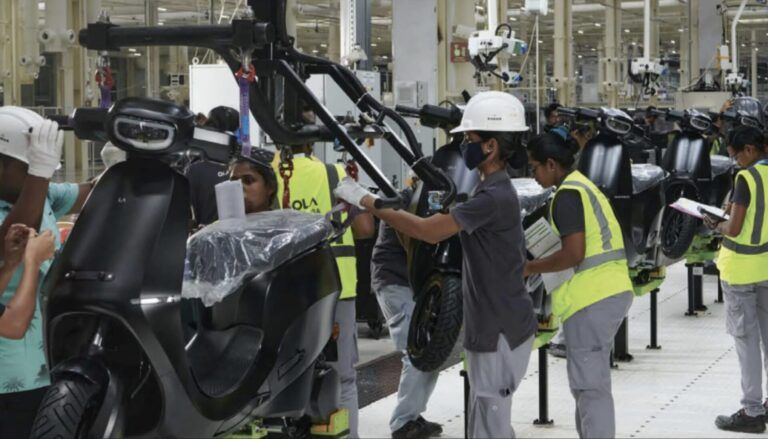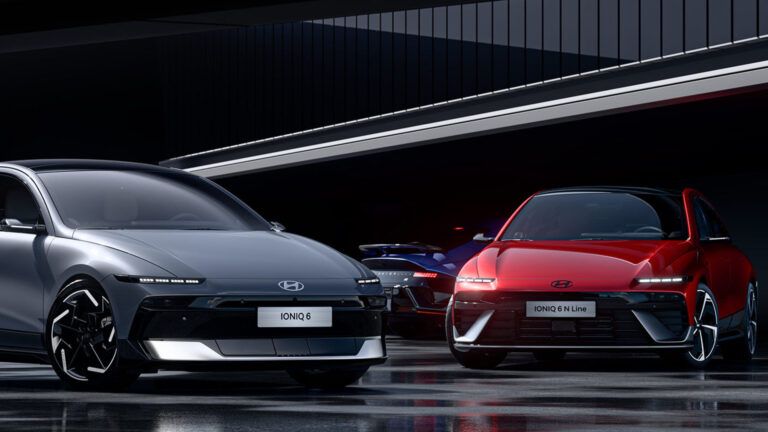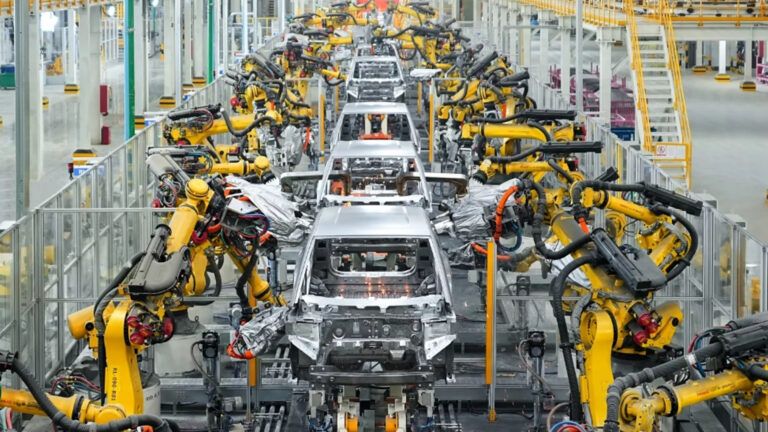The automaker Mahindra aims to increase its share of the growing Indian passenger vehicle market. To achieve this goal, the Indian automobile company is using several different strategies.
The automaker announced at the Global Investor Day that it plans to launch 9 new ICE SUVs by 2030. Also, the company plans to introduce 7 new BEVs by 2030. These new vehicles will include updates to existing models and the introduction of completely new ones.
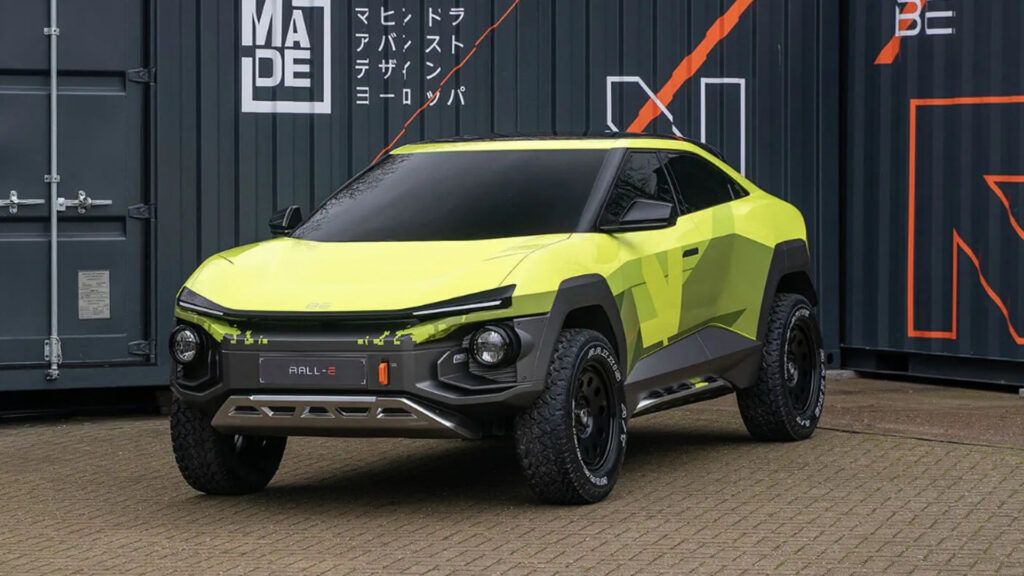
Electric Offering from Mahindra
The company is getting ready to update the XUV 400 in the middle of its lifecycle. They are also planning to introduce an electrified version of the XUV 700, which will be called the XUV e8. Mahindra has filed for a design patent for the electric version of the XUV 700, and it might be produced soon in its final production-ready form.
Mahindra displayed several electric SUV concepts. These concepts are built on the Born Electric architecture, which uses a skateboard platform. The XUV.e8 and BE.05 models are currently undergoing testing in India and have been spotted numerous times, suggesting they may be launched sooner than other concepts.
At the Global Investor Day, Mahindra announced plans to launch a total of 23 new products by 2030. Furthermore, the company has announced plans to gradually increase its production capacity. The introduction of the Thar 5-door, XUV 3XO, and XUV 400 will increase capacity by 5,000 units.
Additionally, they plan to further increase capacity with a focus on electric vehicles. The automaker aims to achieve a 3.5 times growth in fiscal year 2026 compared to fiscal year 2020.
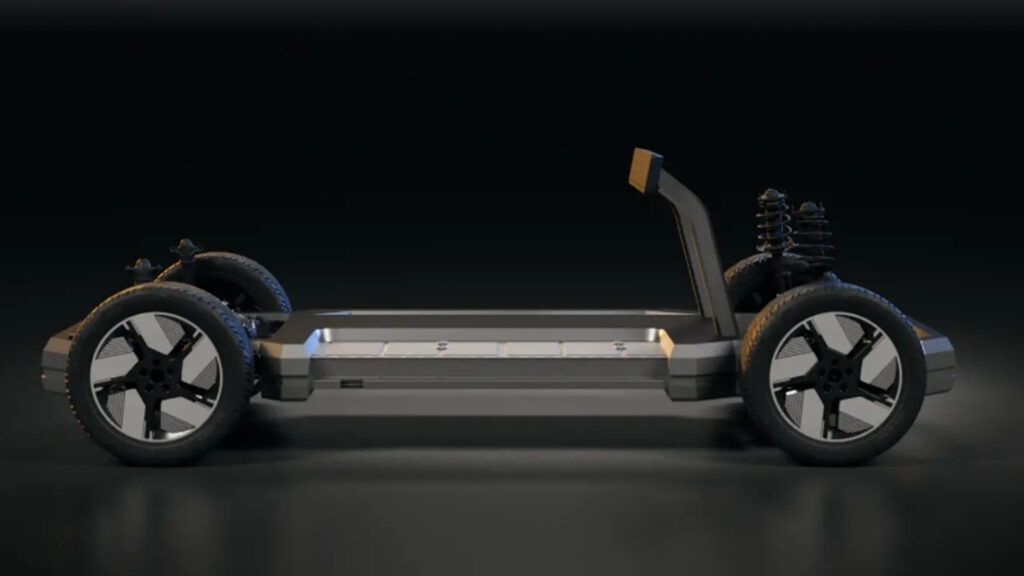
Local Manufacturing of EV Battery
Mahindra plans to start manufacturing battery packs for its electric vehicles locally, beginning in January 2025. The company’s Managing Director and CEO, Anish Shah, mentioned that Mahindra is considering partnerships with international companies to produce EV batteries within India. This enables Mahindra to offer competitive prices for its EVs, which is crucial for competing effectively with rivals.
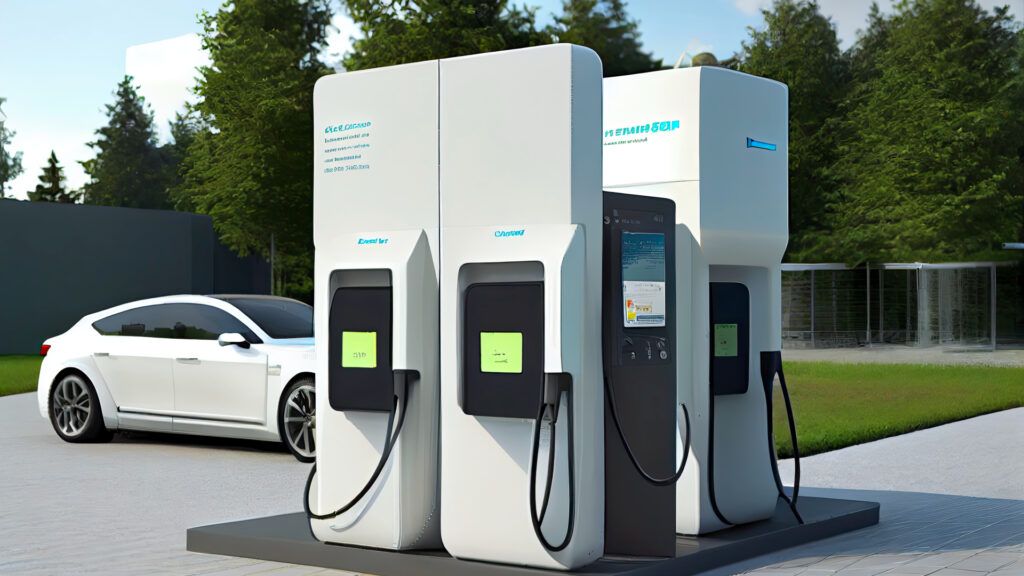
EV Charging Infrastructure
Shah mentioned that at present India has about 27,000 public charging stations for electric vehicles. In comparison, the United States has 176,000 stations, and China has even more.
Range anxiety among consumers is a significant issue affecting the growth of electric vehicles in India. Unlike the widespread availability of petrol and diesel stations nationwide, the infrastructure for EV charging stations is insufficient. Mahindra recognizes this as a major challenge for the overall growth of the Indian electric vehicle industry. Moreover, it plans to tackle it by prioritizing the development of a strong EV charging infrastructure.

